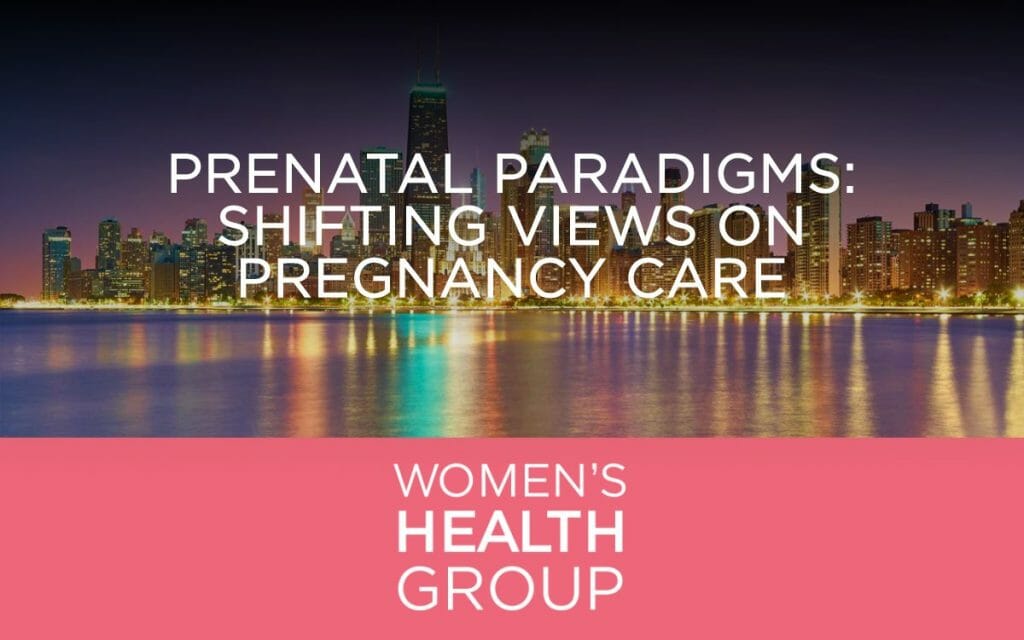The Evolution of Prenatal Care
It’s crucial to look back at the evolution of prenatal care to fully understand its current state. In the early 20th century, pregnancy was often viewed as a condition to be managed instead of a natural process to be supported and cultivated. Most care was centered around preventing and managing complications, rather than promoting optimal health for both mother and child. Over time, understanding and perspectives towards prenatal care have shifted, with greater emphasis on holistic well-being, individualized care, and informed consent.
Current Prenatal Care
Advancements in medical science, technology, public health, and patient advocacy have converged to what we know today as our modern prenatal care. Recognized as much more than routine check-ups, prenatal care is a comprehensive approach that ensures the health of both mother and child. It encompasses risk assessment, health promotion, and early detection of complications – all grounded on evidence-based practice and research. Prenatal care also values the psychological and emotional well-being of the pregnant woman, acknowledging its impact on both the mother and child’s future health.
Optimizing Prenatal Visits
In optimizing prenatal visits, healthcare providers play a pivotal role. Opening lines of communication, fostering trust, and creating adequate spaces for women to express their concerns and needs are paramount. Routine visits can be used not only for physical examinations but also as an opportunity to offer education and resources related to pregnancy and postpartum health.
Shifting Perspective on Mental Health
One of the significant shifts in prenatal care is the acknowledgment of mental health. Perinatal mood and anxiety disorders (PMADs), such as postpartum depression, are widely recognized as a significant public health concern. Current care paradigms identify the need for routine screenings for PMADs during prenatal visits, recognizing the substantial impact of a mother’s mental health on her child’s development.
Shared Decision Making
Another crucial theme found in modern prenatal care is shared decision-making. Women are no longer passive recipients of care; instead, they are encouraged to be active participants in every decision related to their bodies and their babies, fostering an environment of empowerment and informed consent. The shift embraces the principles of autonomy and respect for persons, integral aspects of medical ethics.
The Future of Prenatal Care
The future of prenatal care promises further enhancement in the areas of individualized care, technology, and continuing shift in perspectives. Increased exploration and understanding of the role of microbiomes during pregnancy could lead to new therapeutic targets. Wearable technology may revolutionize prenatal monitoring, offering real-time data collection and analysis of maternal and fetal health. Telehealth could provide access to prenatal care for remote patients, overcoming geographical constraints, and providing all-round care for mothers and babies.
Your Role in This Changing Landscape
As a pregnant woman, you are more than just a patient in this evolving landscape of prenatal care. You are the driving force behind these changes, as they aim to better meet your needs and those of your baby. It is important to advocate for your rights, voice your concerns, and be actively involved in the decisions regarding your body and your baby. The team at Women’s Health Group encourages you to set the bar high for your prenatal care and strive to collaborate with practitioners who prioritize individualized attention, evidence-based practice, and respect for your autonomy.
Conclusion
Prenatal care paradigms have significantly shifted over the years, focusing more on a holistic approach to the health and well-being of both mother and child. Moving forward, your obstetrician-gynecologist is not just a healthcare provider, but also a partner committed to ensuring you receive the best care possible. To further your understanding of the shifting views on pregnancy care, you may refer to these comprehensive guides from Mayo Clinic and Women’s Health. gov. Embrace these changes, for they bring about comprehensive, individualized, and superior care that every mother and child deserve.




